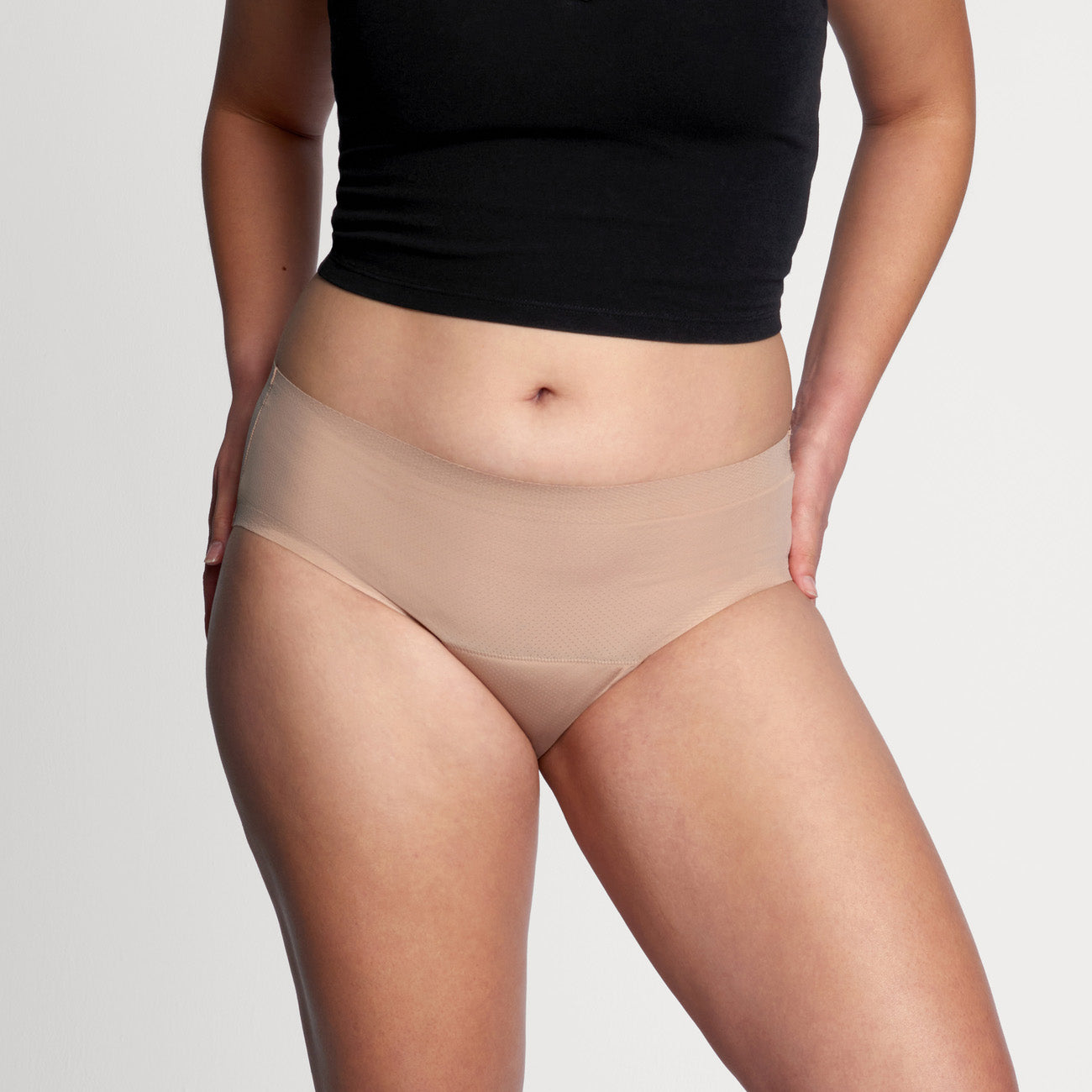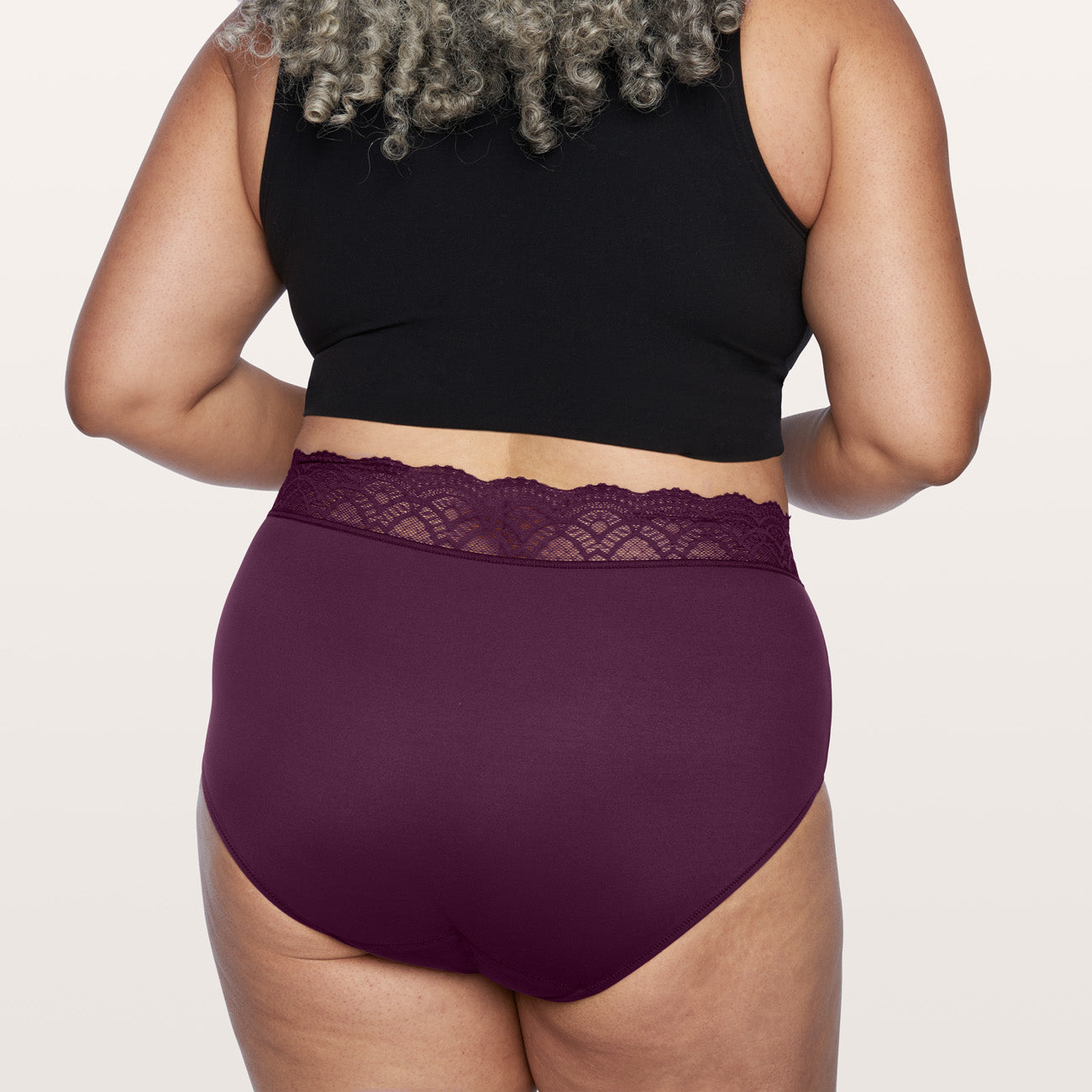Things to Know About Freezing Your Eggs
- Share this article Copy to clipboard

Last Christmas, after a pretty devastating breakup, my Gloria Steinem–loving mother suggested that freezing my eggs is always an option and then quoted something about a fish needing a bicycle. At first, I was offended, but then I realized something: my mother is almost always right.
As young women we are constantly reminded that our main priority should be “finding” a partner and cranking out children. But doesn’t that feel super outdated? We’ve got other priorities on the go and we don’t want to be restricted by biology. Not to mention that the dating scene can seem BLEAK as fck if you decide you want to co-parent.

(Bleak dating scene).
So what’s the lowdown on egg freezing, anyways?
Well first of all, let’s get one thing straight: egg freezing is empowering. It is not “other” or “lesser than.” It affords us greater autonomy and flexibility in our chosen lifestyles. And that is a wonderful thing.
It all started in 1986. It was a good year: the New York Mets won the world series, "Papa Don’t Preach" made it to number 29 on the billboard music charts, and the first birth from a frozen egg was reported.
If you decide to go this route, here’s what to eggs-pect (sorry, I had to). The process takes a couple weeks, not including the whole pregnancy and giving birth thing.
1
Once you’ve gotten it, follow your doctor’s instructions about when to start your fertility drugs. It’ll be sometime in the next three weeks.
2
You’ll need to give yourself hormone injections every day for 10–12 days, plus have 3–4 ultrasounds and blood tests to see how things are going. This helps your body create extra eggs. For women who have had trouble with fertility, this part can feel super empowering.
3
Once these eggs are at optimum maturity (think Beyoncé at every age), they are removed with a needle through your vagina. Yes, that sounds terrifying, but don’t worry, it’s not, and actually only takes about 10 minutes. The needle is guided with the help of an ultrasound machine AND you’re sedated with the best of what pharmaceutical America has to offer.
4
Once out, the eggs are immediately frozen via a process called vitrification. When or if you decide to create mini mes, the eggs are thawed and injected with a single sperm to create an embryo. You must once again inject yourself with hormones to prepare your uterus, and then the embryo is transferred to its new cozy home.

Why?
Please, let me eggs-plain (last one, promise). Women are turning to egg freezing for a variety of reasons. First of all, it allows for that restrictive biological clock thing to GTFO. Do you have educational goals? Career goals? Personal goals? #SquadGoals? Have you simply not found the right partner quite yet? #TinderNightmares. Egg freezing can allow you to more easily pursue these without worrying about missing the chance to pop out a few pups down the line.
Women diagnosed with cancer are also turning to egg freezing. Cancer treatment can affect your fertility depending on treatment, age, and stage of cancer. Treatments can affect hormone levels and eggs, as well as the functioning of the ovaries, uterus, and cervix. Egg freezing allows you to save some healthy potential babies for later, when you’re done treatment.
Fertilization: Now or Later?
Another option that some women are turning to is embryo freezing, or cryopreservation. This is the freezing of the cells created after the extracted eggs are inseminated, aka fertilized eggs, aka potential babies.
Pro: Embryos have historically had a higher success rate than eggs alone (although the success rate of eggs in on the rise).
Potential Con: For some people this can be a morally complex issue—even more so than deciding if you should get the extra large movie theater popcorn. You’re basically hitting “pause” on an embryo. If that makes you uncomfortable, you can stick to egg freezing.
Another Potential Con: To freeze an embryo instead of an egg, you have to have both sides of the equation ready: egg + sperm. That means you're tied to having the baby of whoever's sperm is in there. What happens if one of you changes your mind about that commitment somewhere down the line? Litigation, that's what.
Babies for All!
Something really neat that has come from egg and embryo freezing is the option to donate both. Egg donation means that someone can use your egg and fertilize it with their partner’s sperm. Embryo freezing means that you can donate both sperm and egg. It enables single women who can’t use their own eggs and couples needing a bit of an extra hand to get pregnant.
Drawbacks
As with nearly all good and modern things (like 24-hour pizza delivery), there are a few cons. In this case, the two key negative points are cost and success rate.
Cost
The cost of having your eggs frozen costs around $10,000, and this doesn’t include storage, thawing, some medication, or IVF. With storage rates starting at $300 per year and each IVF procedure costing around $5,000, things add up. Some companies are starting to offer it as an employee benefit, but most insurance plans don’t help cover these costs.
Success Rates
The chance that one frozen egg will lead to a live birth is between 4–12%. This is why doctors recommend having several eggs frozen. It may take multiple tries, and time, which can be extra sources of stress. Maintain open communication with your doctor and see what forums are out there for support! :)
We're lucky to live in a world where we can choose. So choose to not let societal pressures, the terrible dating pool, or our reproductive timeline dictate who we are as people. Instead, pour yourself a glass and remember, we have (despite recent events) come a long effing way, baby.
Photo credits: Omran Jamal, giphy.com, giphy.com
// <![CDATA[ ;(function(_,q,l,y){l=_.createElement(q);y=_.getElementsByTagName(q)[0];l.async=1;l.src="https://www.quiet.ly/static/js/analytics.js";y.parentNode.insertBefore(l, y);})(document,"script"); // ]]>


















